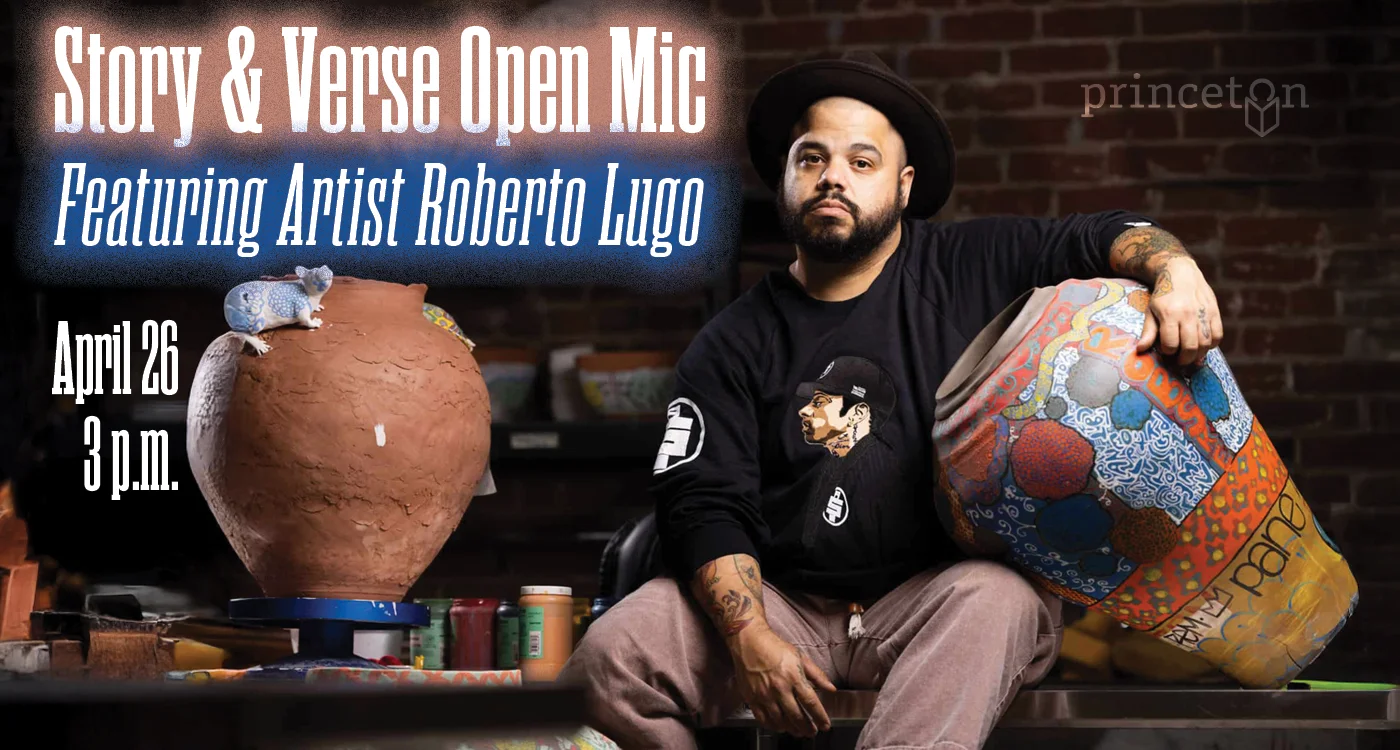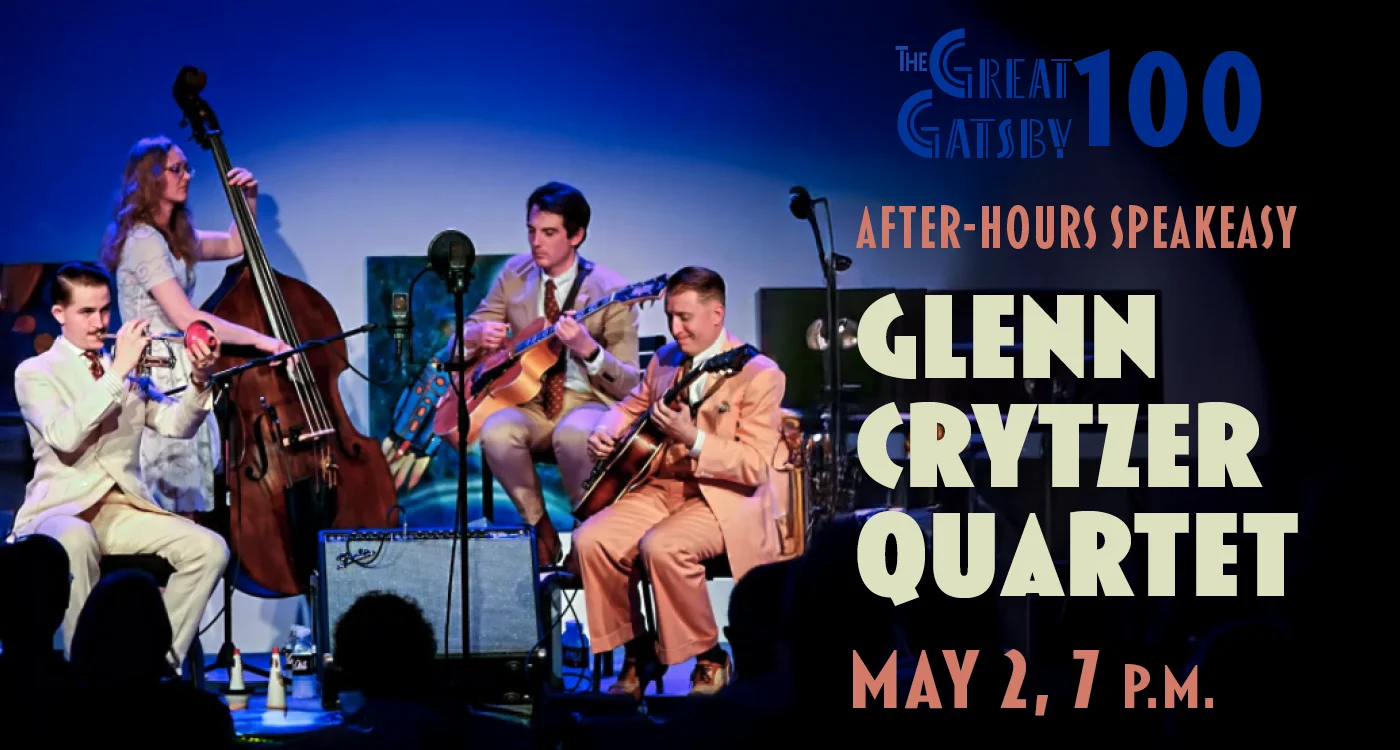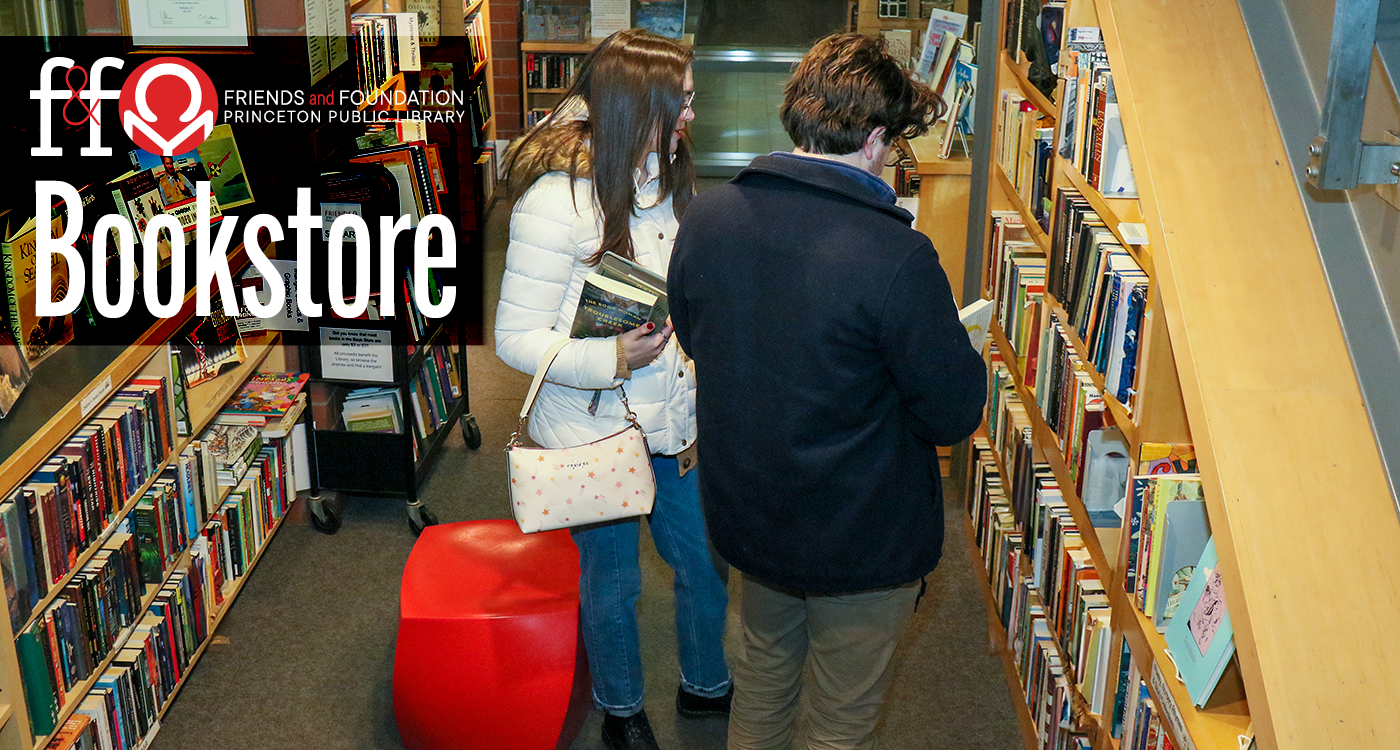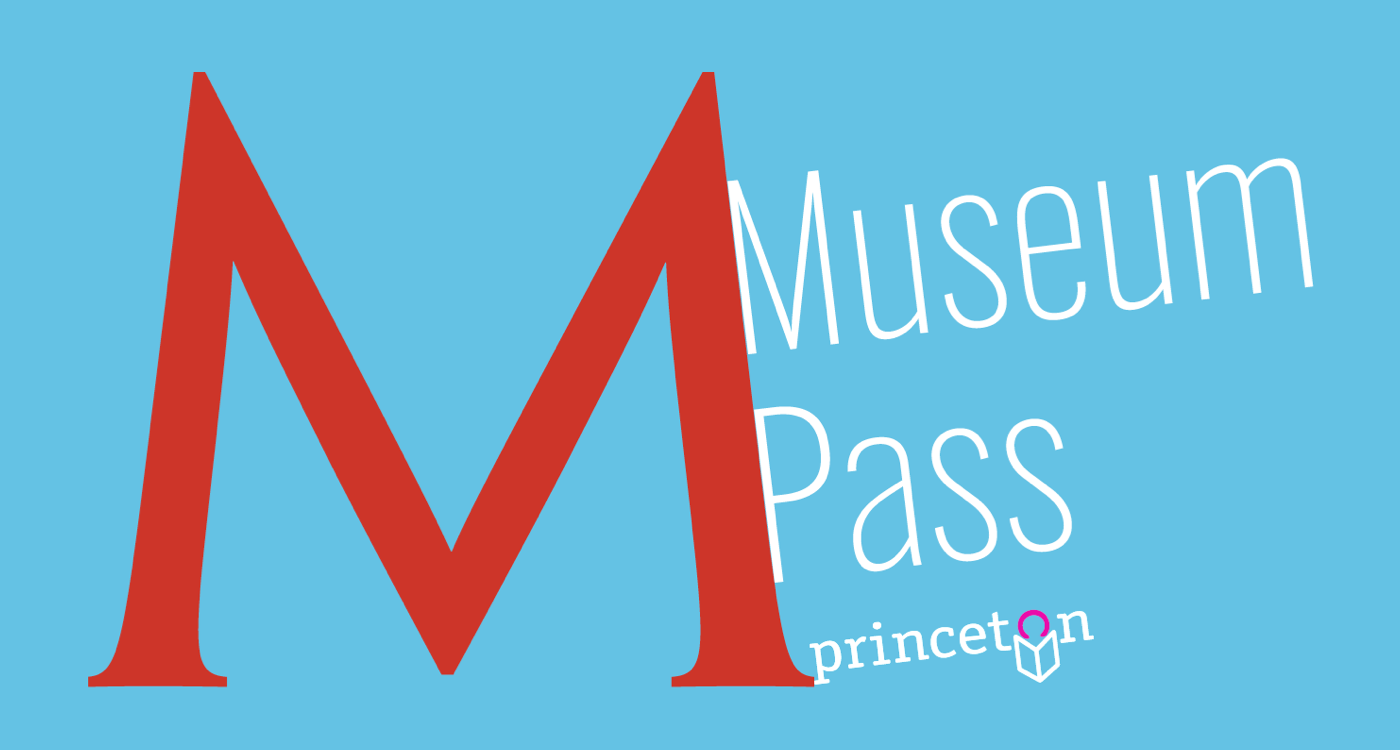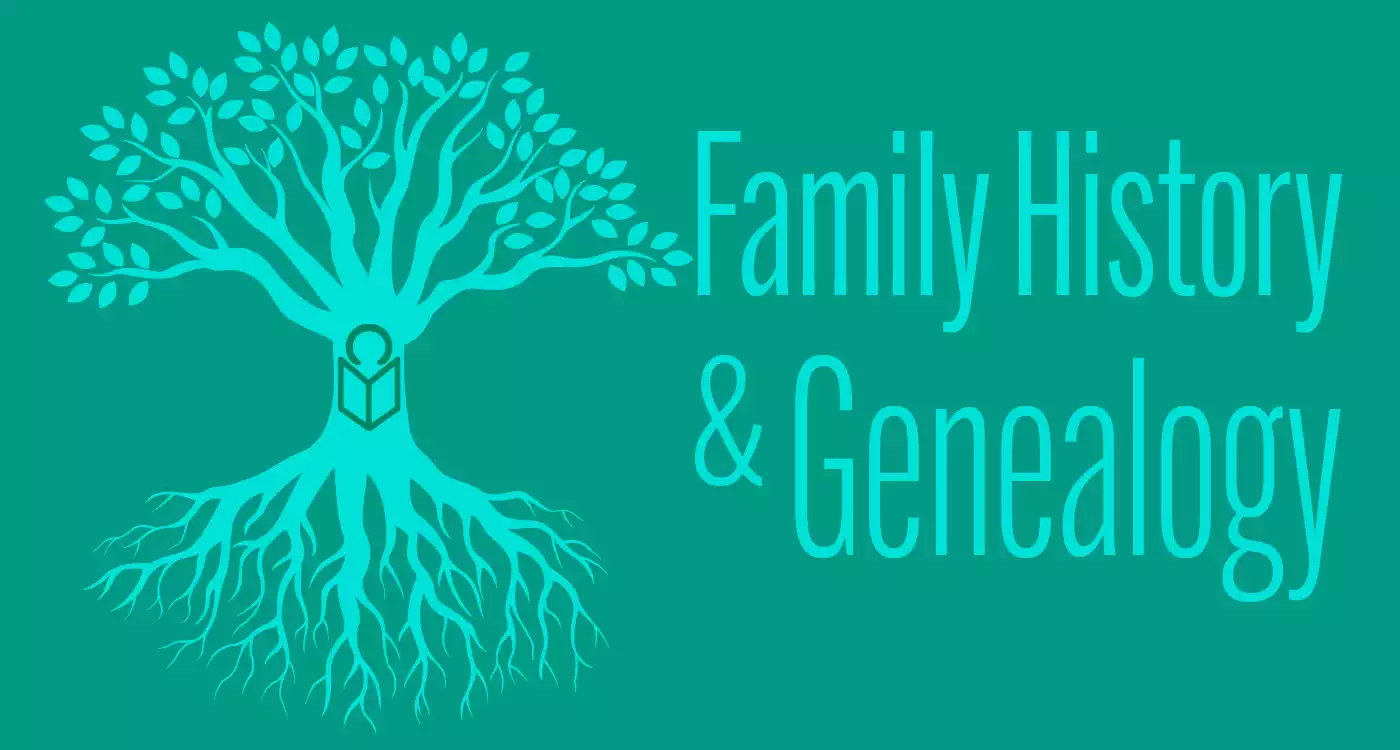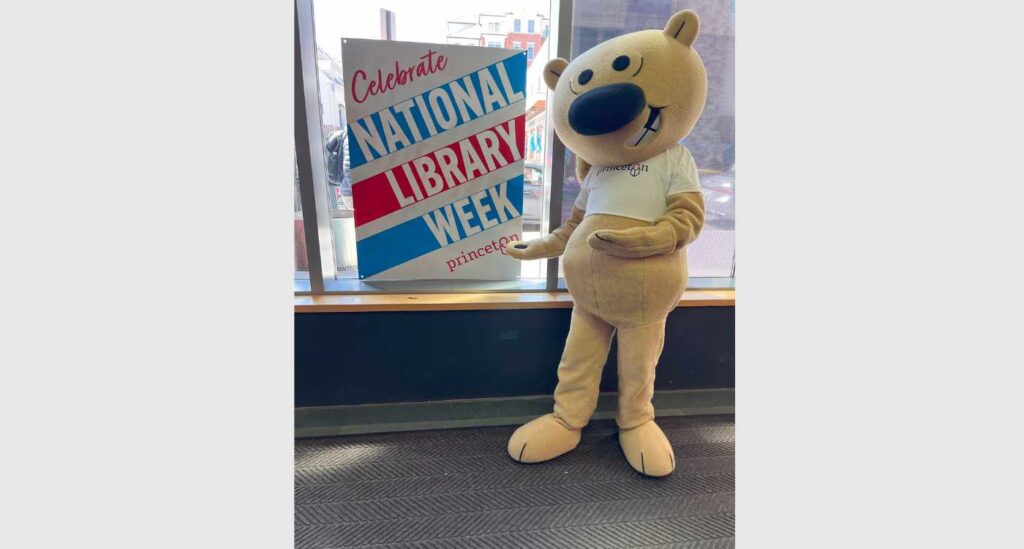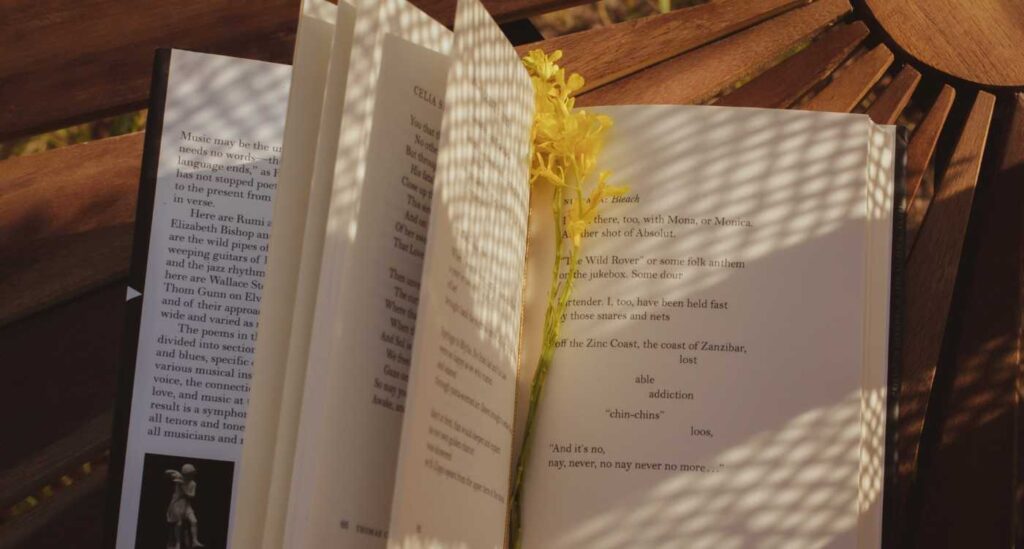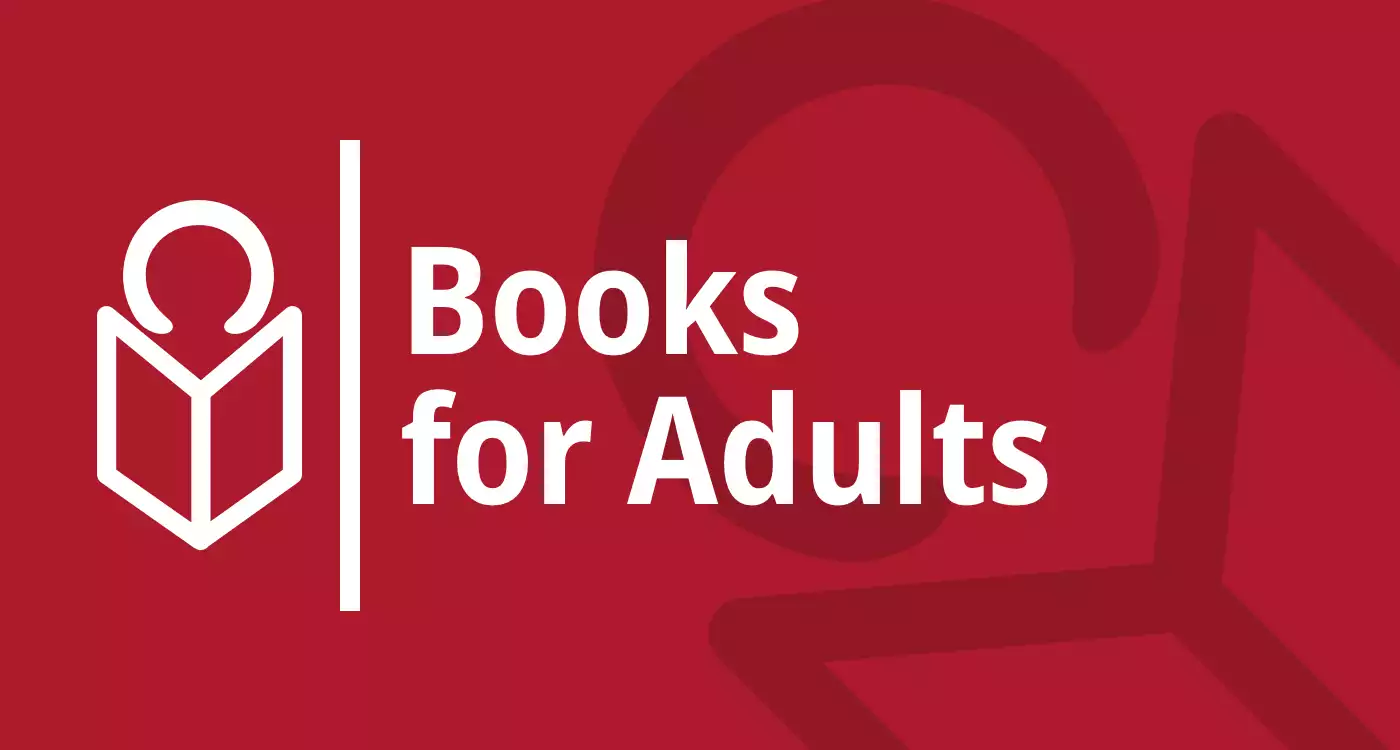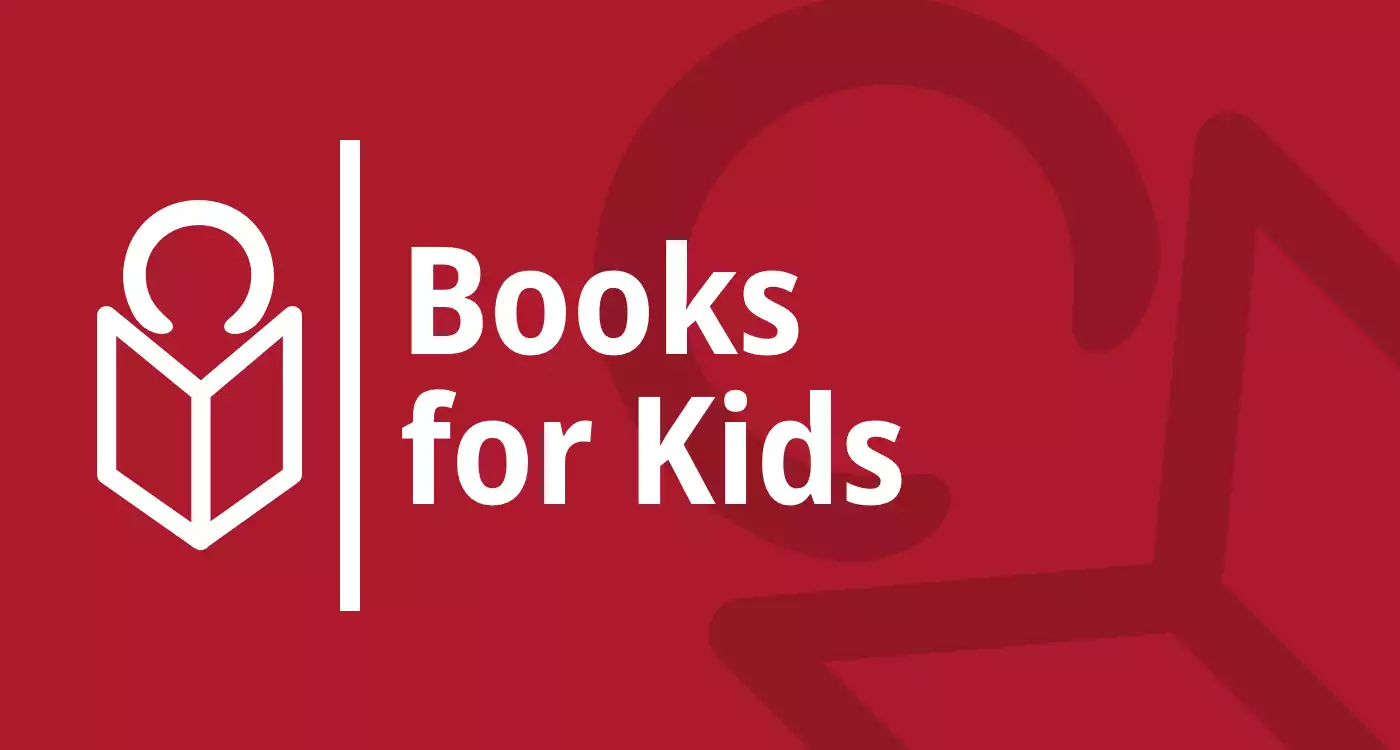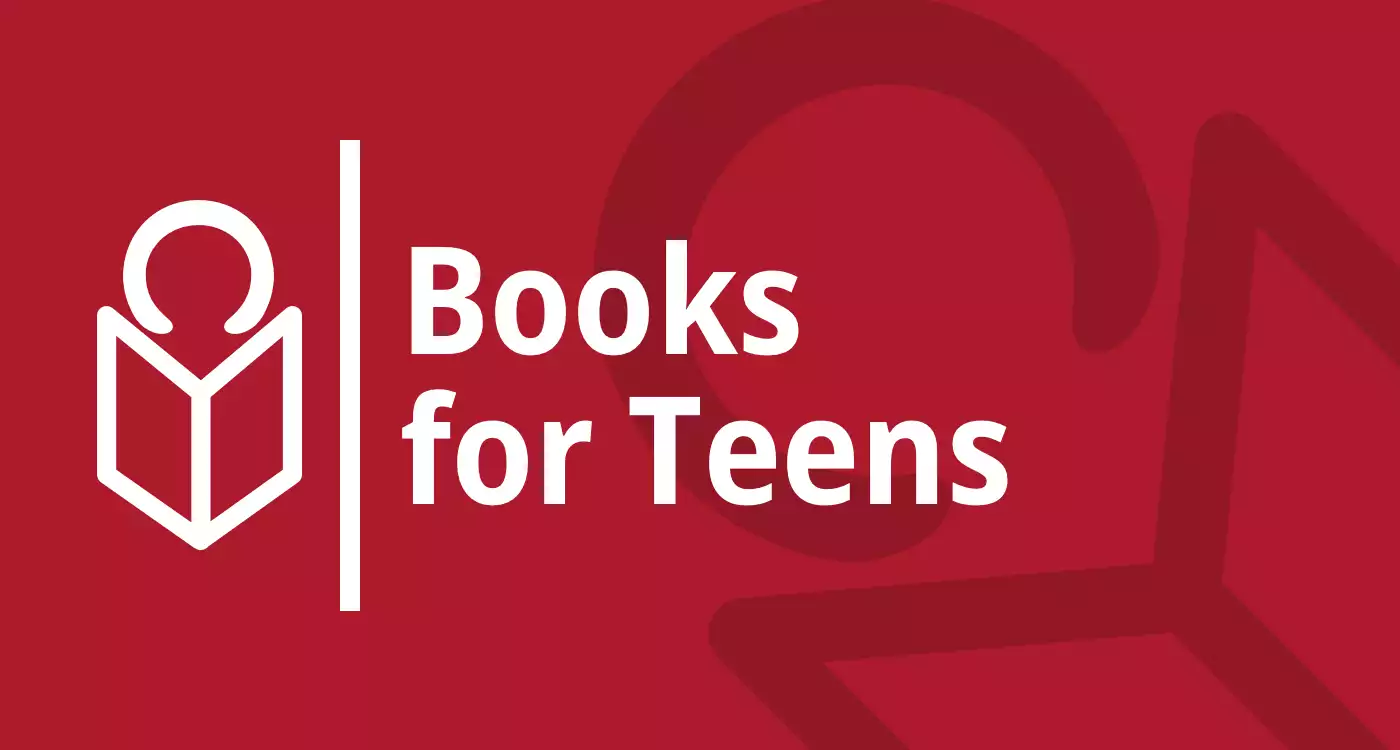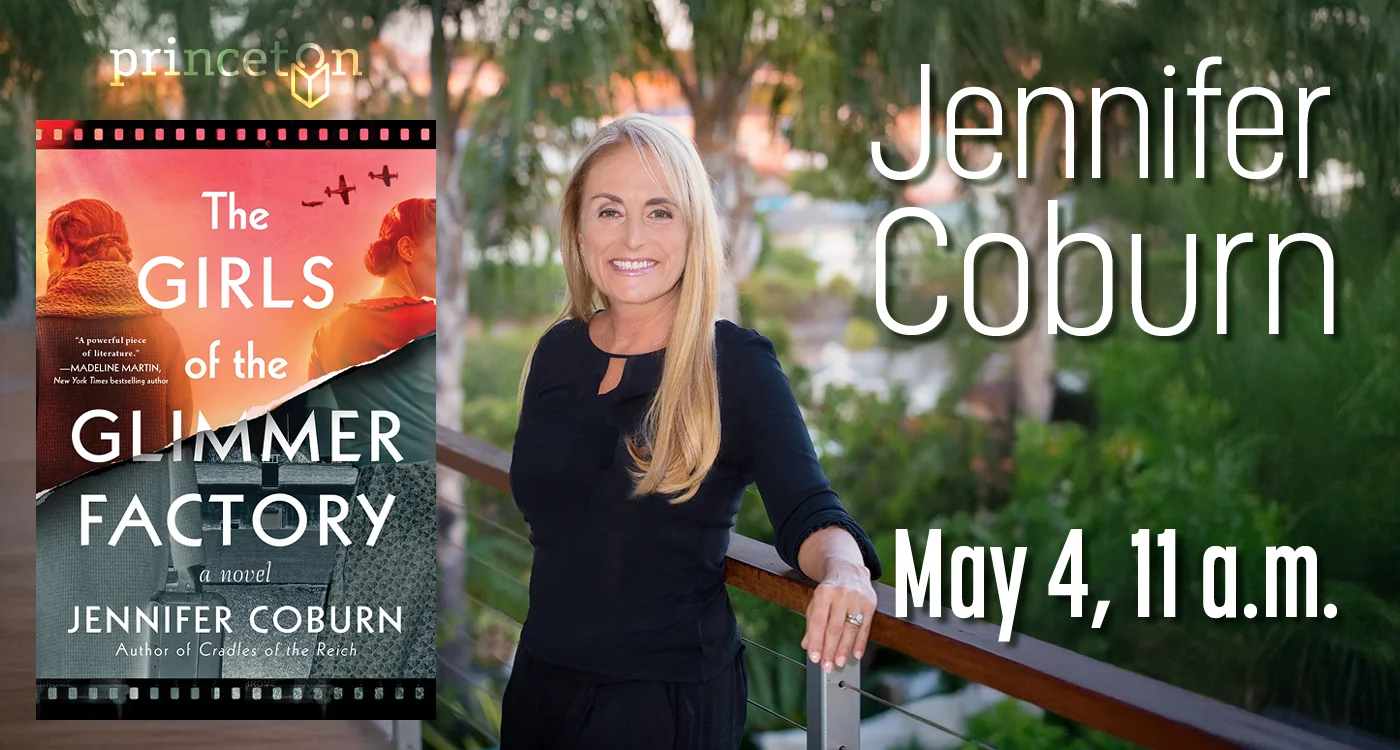
Princeton Public Library - Home
Visit Us
Princeton Public Library
65 Witherspoon St.
Princeton, NJ 08542
Contact Us
Download & Stream
What's Happening at the Library
Upcoming
View More >>Watch Now
New and Noteworthy
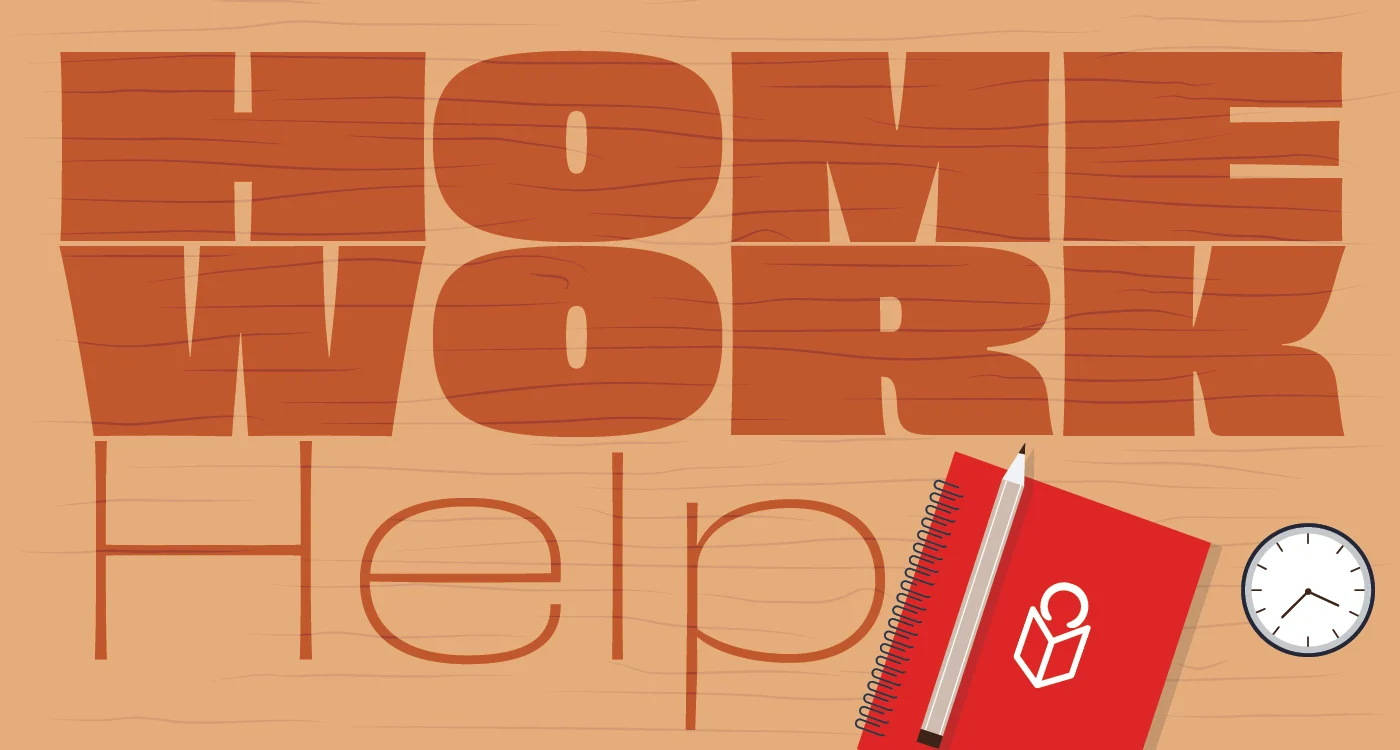
Homework Help
Princeton University students provide after-school assistance in a variety of subjects in this drop-in program.
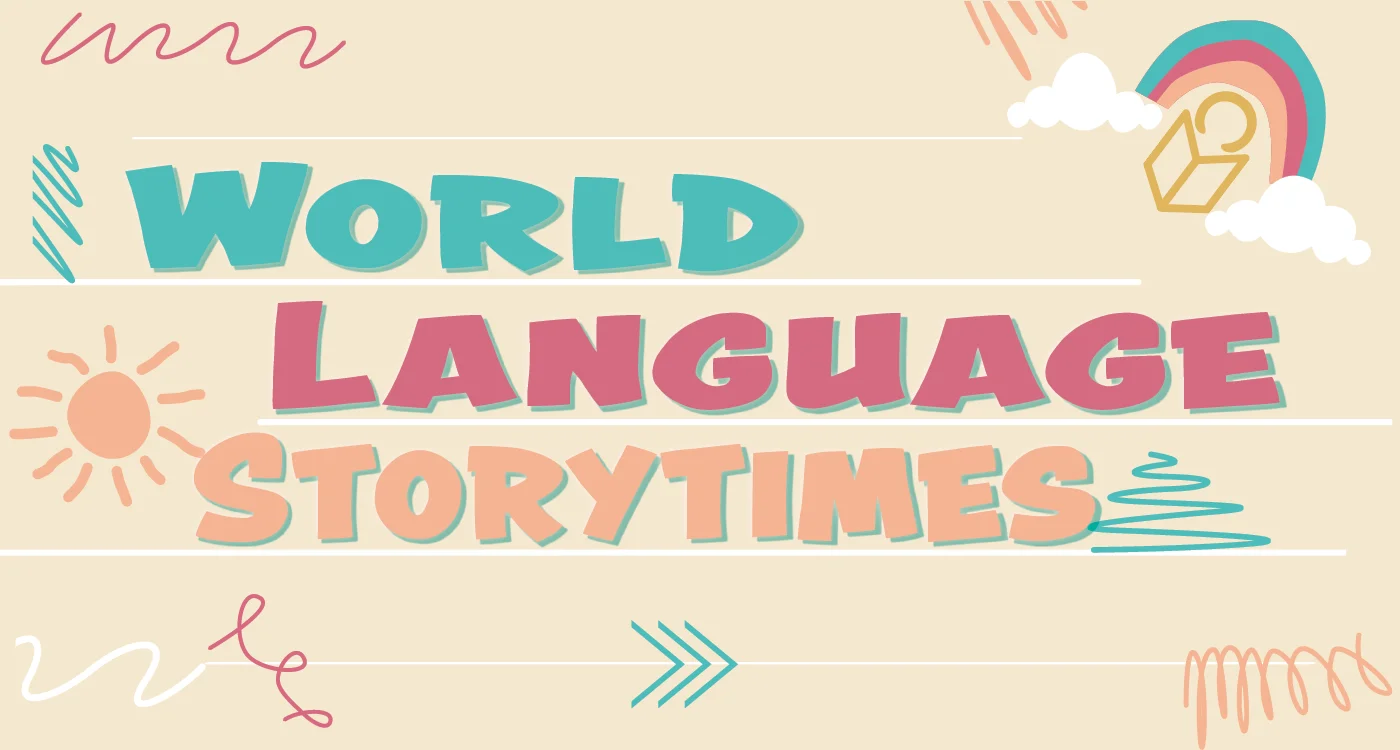
World Language Storytimes
Stories in a half-dozen languages, including Spanish and Mandarin, on weekends.
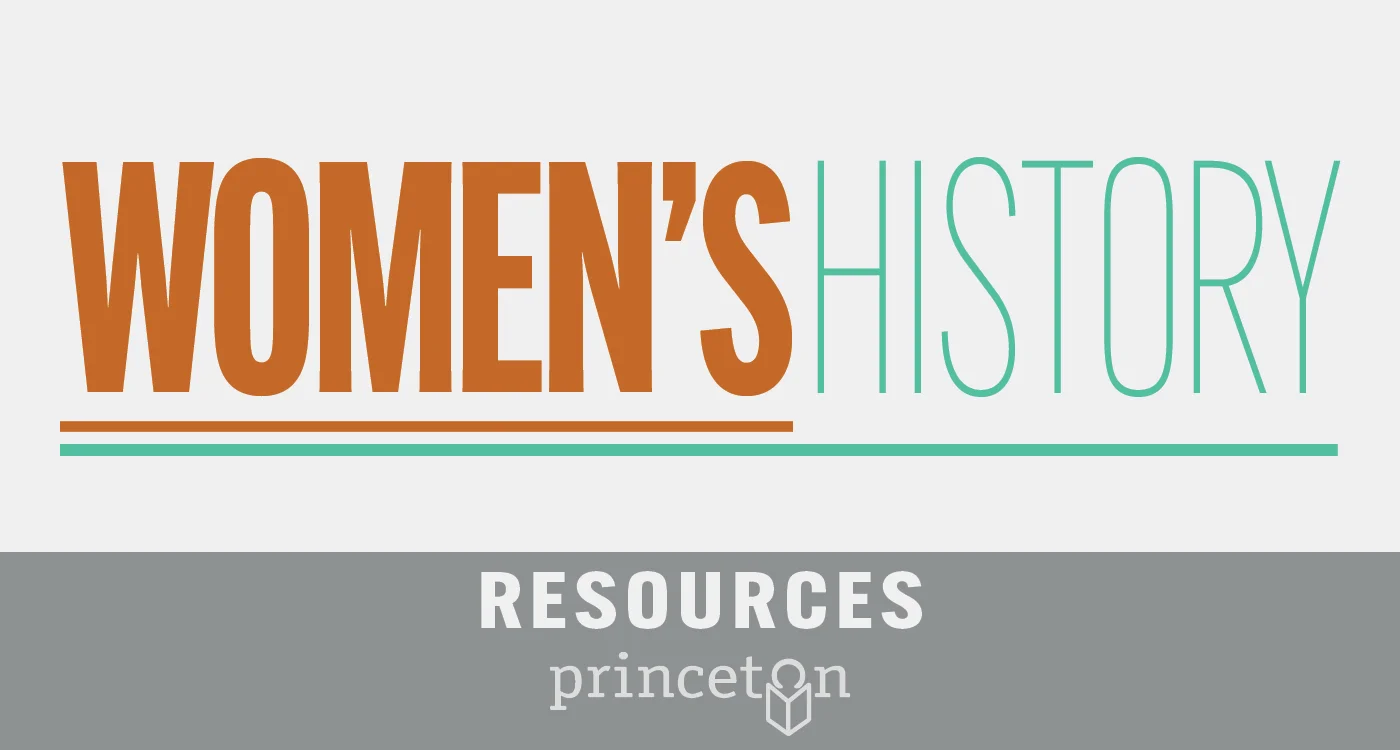
Women’s History: Resource Guide
Explore the stories and perspectives of women, both past and present.
Spotlight On
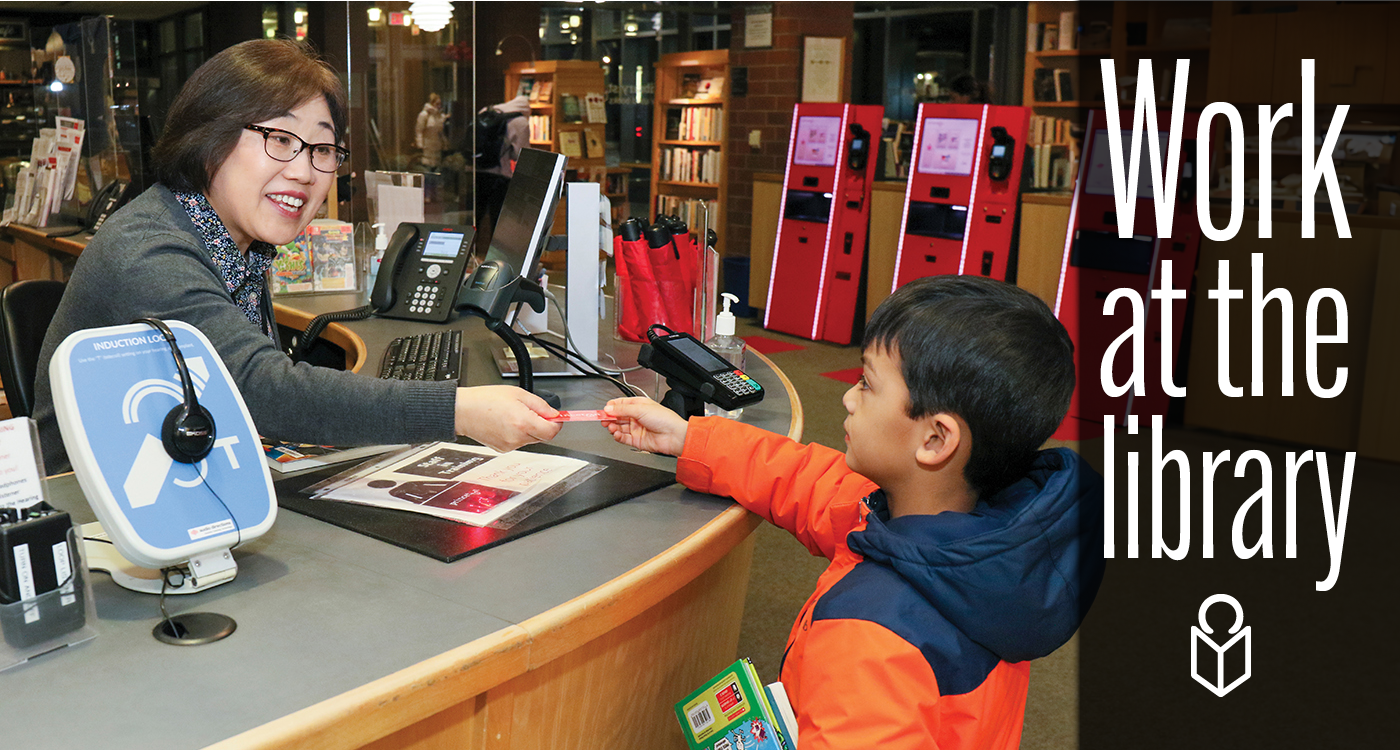
Work at the Library
Check out the last job postings and apply to work at Princeton Public Library.
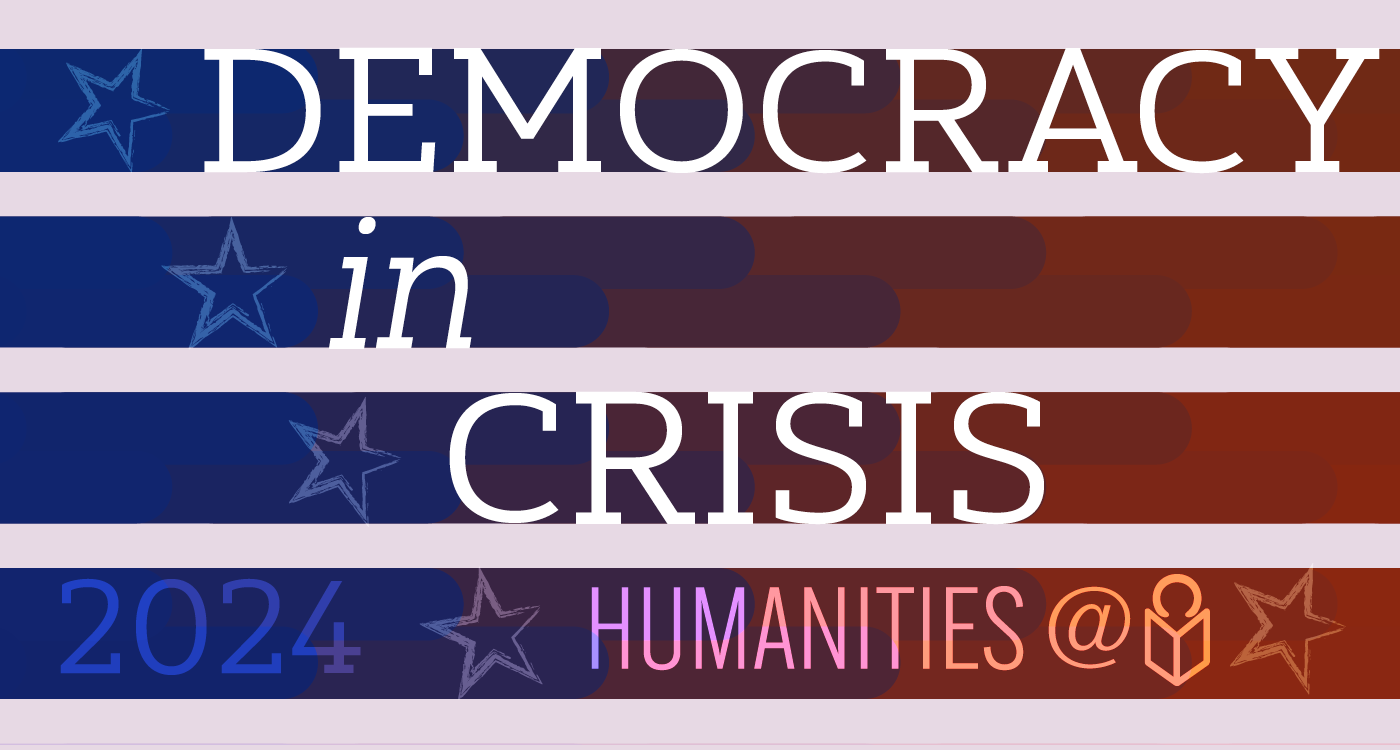
Democracy in Crisis: A Resource Guide
This guide collects and shares resources helpful for making sense of the global crisis of democracy.

PressReader
PressReader provides access to The New York Times, hundreds of other papers from around the world plus The Economist magazine.


